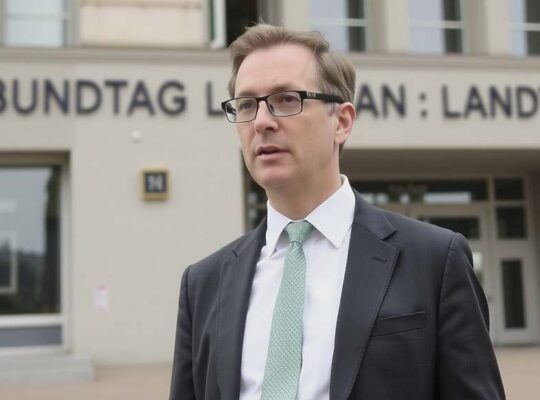Following protracted negotiations, parliamentary factions of the Christian Democratic Union (CDU/CSU) and the Social Democratic Party (SPD) have reached a tentative agreement on contentious elements of the Cybersecurity Act. Sources close to the parliamentary reporting teams confirmed the development to “Tagesspiegel Background” signaling a potential breakthrough in the legislative process.
The most significant concession involves granting the Federal Ministry of the Interior expanded authority. Under the proposed revisions, the ministry will be empowered to prohibit the integration of specific hardware and software components deemed critical and crucially, to autonomously decide on countermeasures in the event of a detected threat. This authorization mandates that operators of essential infrastructure will be required to utilize alternative suppliers, a move likely to significantly impact existing contracts and potentially restrict vendor choice.
The debate surrounding reliance on potentially compromised components from nations perceived as untrustworthy-particularly those manufactured by companies like Huawei-has been a persistent source of political tension. While the previous “traffic light” coalition government already imposed restrictions on telecommunications providers, the new regulations aim to provide the federal government with a more agile response mechanism in the face of escalating hybrid threats. Critics argue that while necessary, the expanded powers risk creating overly burdensome requirements for businesses and potentially stifling innovation.
Furthermore, the agreement compels the federal administration itself to adhere to the same cybersecurity stipulations previously applied only to external entities. Previously, subordinate agencies were frequently exempted citing budgetary constraints, a decision that drew censure from cybersecurity experts who deemed it a glaring hypocrisy. The financing of this enhanced cybersecurity for the federal IT infrastructure will reportedly be drawn from a specially designated fund – a move intended to insulate it from competing budgetary priorities.
The revised Cybersecurity Act is slated for a second reading in the upcoming parliamentary session, where it faces further scrutiny and potential amendments. The political ramifications of this legislation extend beyond simply bolstering national security, touching on issues of economic sovereignty, vendor dependency and the delicate balance between governmental overreach and safeguarding essential services. The debate promises to be intensely focused, probing the practical implications of these sweeping changes and the potential for unintended consequences.












